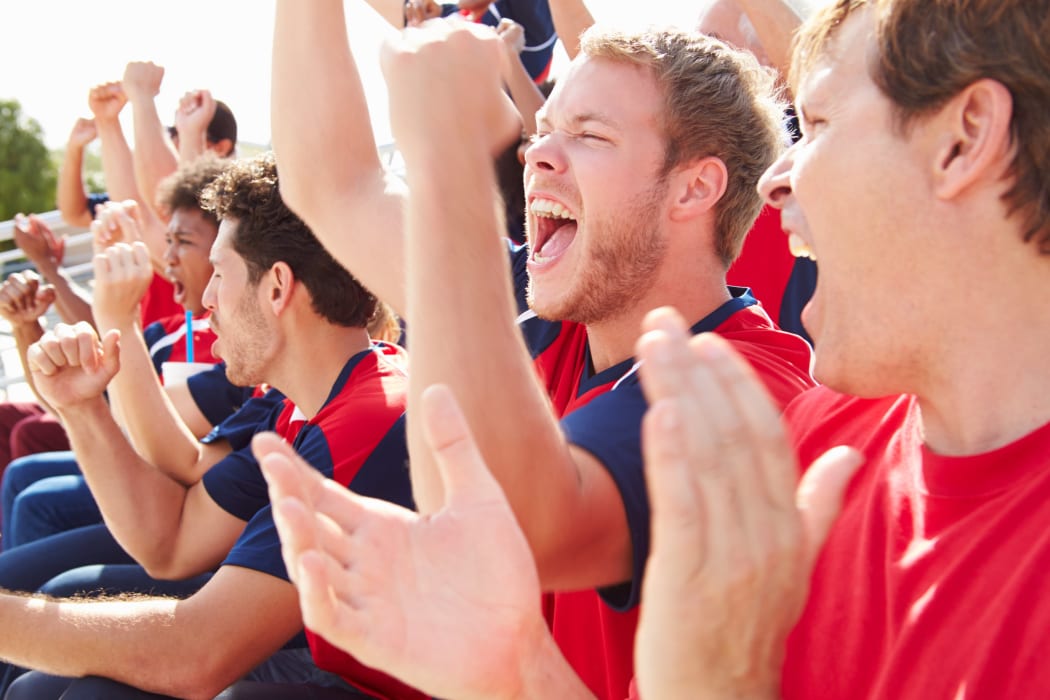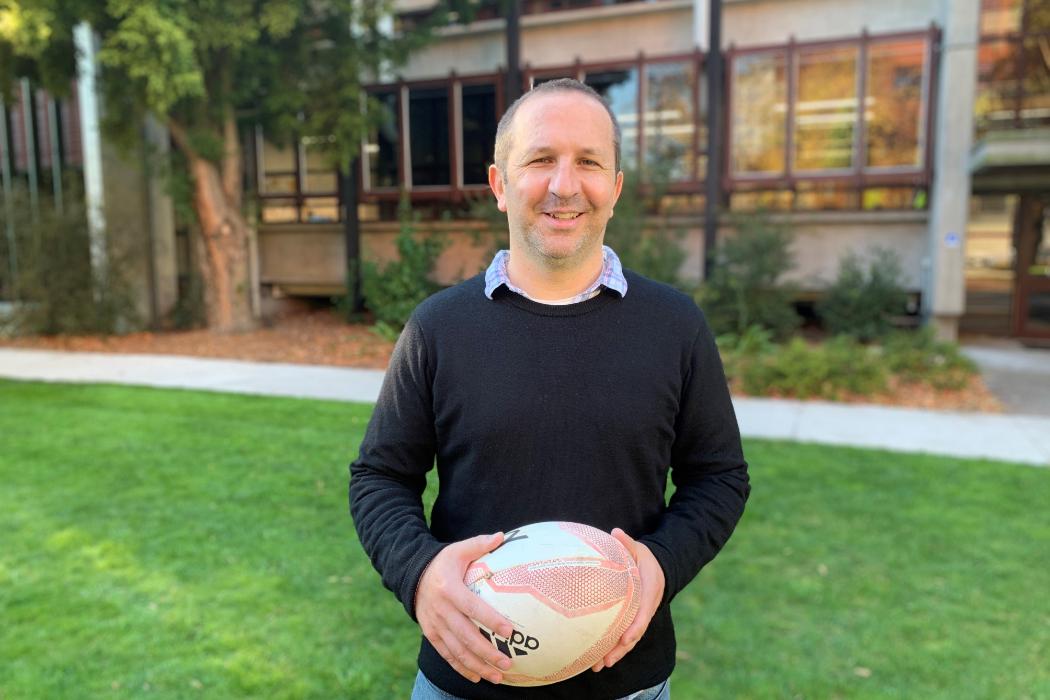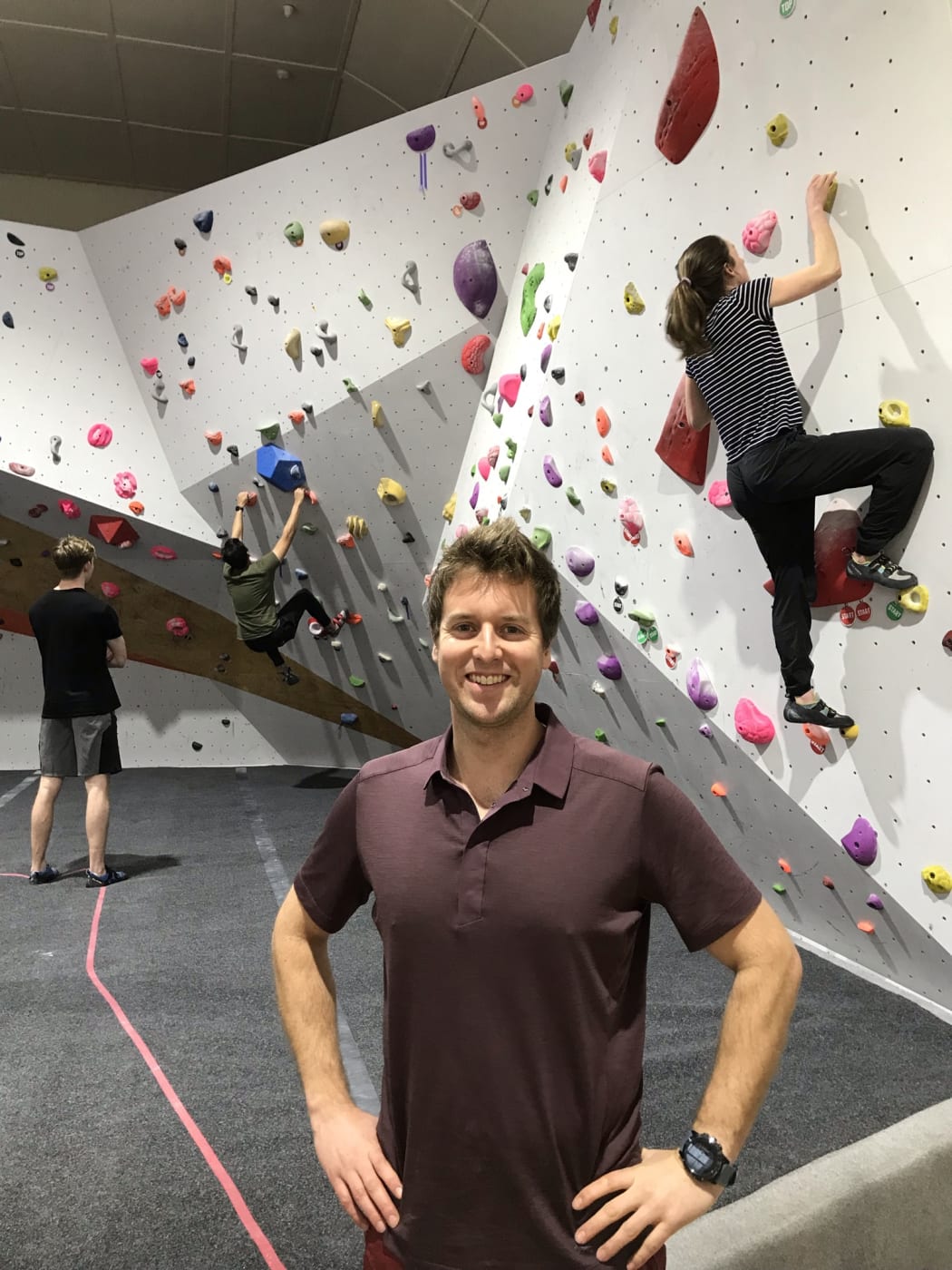They say that sport at the very highest level is won and lost in the “top two inches”; it’s as much about getting your mind in shape as it is your body. The pressure to perform at an event like the Olympics or an All Blacks’ test is immense – the expectant crowd, internal pressures, and intensity of the moment can undermine years of hard work.
If you want to deliver, how can you get your mind in the right place? This week, two stories about sporting psychology.

Crowds roar support for their team Photo: 123rf
Follow Our Changing World on Apple Podcasts, Spotify, Stitcher, iHeartRADIO, Google Podcasts, RadioPublic or wherever you listen to your podcasts
Home Game Advantage
The 2020 Tokyo Olympics have been strange in many ways, not just the excess of hand sanitiser. Empty stadiums, empty stands, empty swimming pools. How does the lack of people impact athletes who are accustomed to regular cheering, who might in fact thrive on it? Especially the Japanese athletes who would have expected to have had the sort of boost you only get competing in front of a home crowd.
Research form the University of Canterbury is probing the impact of crowds and match officials on 'the home game advantage'.
While most teams rise to the occasion when the crowd roars its support, there can be other outcomes too.
Katy Gosset hits the sports field to find out more.

Brad Miles, University of Canterbury Photo: Supplied/Katy Gosset
Finding flow
As rock climbing makes its Olympic debut, a Dunedin-based researcher is looking into the importance of being “in the zone” when doing these types of adventure sports.
Patrick Boudreau is studying “Flow and Clutch” – they’re the technical terms for optimal mental states. While flow state is about ‘letting it happen’, so that the activity enjoyable and motivating, clutch can be thought of as ‘making it happen’, something that is vital when you’re doing an activity where a wrong move could be disastrous.
But both of these psychological states have wider applications too, in the office as well as on the sports fields. Claire Concannon catches up with Boudreau at a bouldering gym to talk about his research work.

Patrick Boudreau at Resistance Climbing Gym Photo: RNZ/Claire Concannon


